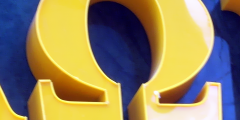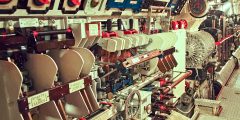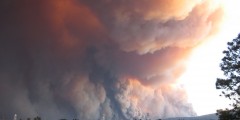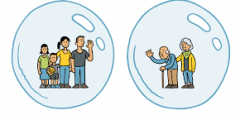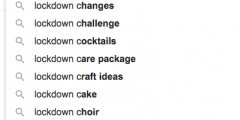Milk, reservoirs and spillovers: Bird flu in cows
May 10, 2024
On 26 April my sister emailed me from the United States and said “I might have to go over to oat milk”. She was alarmed by reports that bits of bird flu virus had been found in pasteurised milk. She has not gone over to oat milk yet. It seems that there is almost no …
From Omicron to Omega: What’s in a name?
September 22, 2023
The last few years have been years of planetary upheaval. We have all lived through a Covid-19 pandemic and are, in fact, still living with it, and we have all felt the effects of climate change. To deal with these planetary events, we had to invent and learn new concepts and new names. Quite recently, …
Lockdown words
June 26, 2020
I was looking at news articles about the lockdown and it suddenly dawned on me that something similar was happening here to what we observed around 2005 in terms of ‘carbon compounds’. At the time the climate crisis was extensively discussed in the news and people tried to find ways out of it. One focus …


